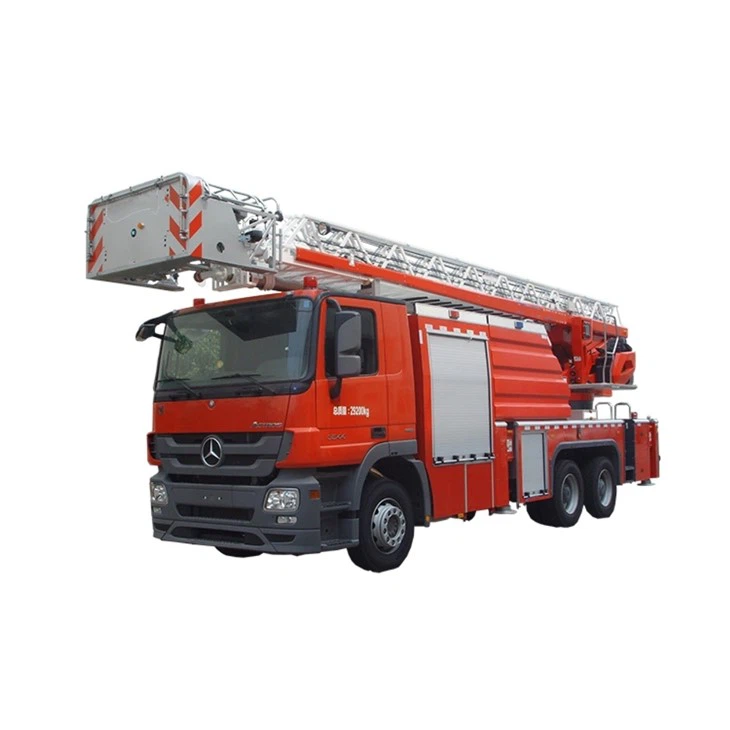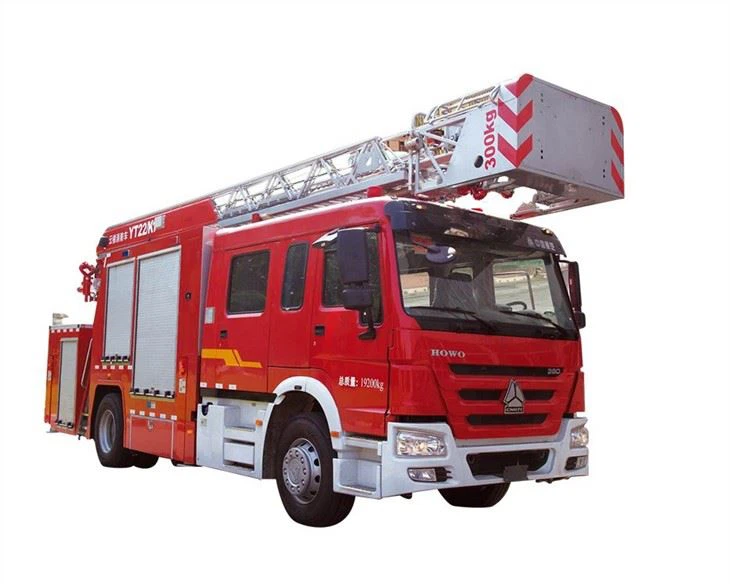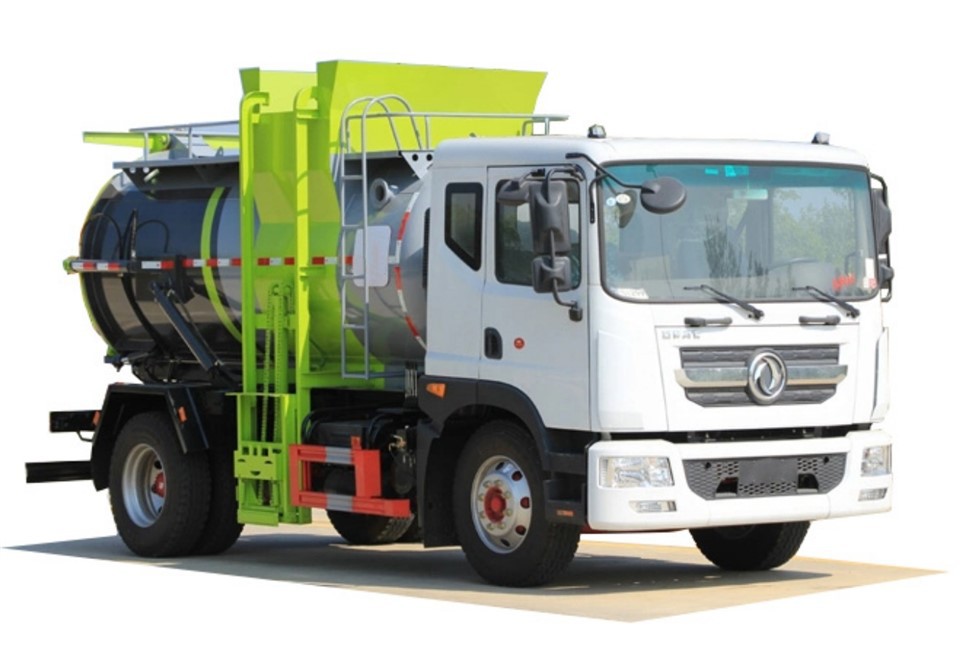Roll Off Trucks for Lease: A Comprehensive Guide

If your business involves waste management, construction, or any form of material transport, you might be considering roll-off trucks for lease. These powerful vehicles are essential for transporting large containers, such as dumpsters, to and from job sites. Leasing roll-off trucks can be a cost-effective way to meet your operational needs without the significant upfront investment of purchasing one outright. In this article, we will explore everything you need to know about roll-off trucks for lease.
What are Roll Off Trucks?
Roll-off trucks are specialized vehicles designed to transport large, open-top containers, known as roll-off bins or dumpsters. They are equipped with a hydraulic system that allows the vehicle to easily load and unload these containers. Typically used in industries such as construction, demolition, and waste management, roll-off trucks come in various sizes and configurations to suit different needs.

Types of Roll Off Trucks
There are several types of roll-off trucks available, each designed for specific applications:
- Standard Roll-Off Trucks: These are the most common type and are suitable for general waste transportation.
- Low-Profile Roll-Off Trucks: These trucks have a lower height, making them ideal for locations with low overhead clearance.
- Heavy-Duty Roll-Off Trucks: Designed to handle larger and heavier loads, these trucks are perfect for demolition projects.
Benefits of Leasing Roll Off Trucks
Leasing roll-off trucks can offer several benefits to businesses, particularly for those that may not have a constant need for such vehicles.
- Cost Efficiency: Leasing can save you from the substantial upfront costs associated with buying a truck outright.
- Flexibility: You have the option to lease vehicles only when you need them, adjusting your fleet size to suit demand.
- Maintenance Covered: Many leasing agreements include maintenance, ensuring the vehicles are always in good condition.
- Access to Latest Models: Leasing allows you to upgrade to newer models without worrying about depreciation.
How to Lease Roll Off Trucks
1. Determine Your Needs
Before leasing a roll-off truck, assess your business requirements:
- Frequency of Use: How often do you need roll-off trucks? Daily, weekly, or just for specific projects?
- Load Capacity: What size and weight of materials will the truck need to handle?
- Duration of Lease: How long do you need the truck? Short-term, long-term, or custom options?
2. Research Leasing Companies
Next, research leasing companies that offer roll-off trucks. Look for:
- Reputation: Read reviews and testimonials to gauge customer satisfaction.
- Fleet Variety: Ensure they have the type of trucks that meet your needs.
- Customer Service: Good support is essential in case of issues with the leased vehicle.
3. Compare Leasing Options
Once you have a list of potential companies, compare these aspects:
| Leasing Company | Fleet Options | Monthly Payment | Maintenance Included | Lease Duration |
|---|---|---|---|---|
| Company A | Standard, Low-Profile | $1,200 | Yes | 12 months |
| Company B | Heavy-Duty | $1,500 | No | 6 months |
| Company C | Standard, Heavy-Duty | $1,300 | Yes | 24 months |
4. Understand the Terms of the Lease

When finalizing a lease agreement, read the terms carefully. Important aspects to consider include:
- Payment Structure: Monthly payments, deposit amounts, and what happens if you exceed mileage limits.
- Insurance Requirements: Determine what insurance coverage you need to maintain.
- Return Condition: Understand the expected return condition of the truck to avoid extra fees.
5. Finalize the Lease
Once you’ve selected a leasing company, it’s time to finalize your agreement. This involves:
- Signing the lease contract.
- Providing necessary documentation such as your business license and insurance proof.
- Completing any required initial payments or deposits.
Tips for Using Leased Roll Off Trucks
1. Maintain Good Communication with Your Leasing Company
To ensure a smooth leasing experience, keep the lines of communication open with your leasing provider. Notify them of any issues or concerns promptly.
2. Train Your Staff
Make sure that your drivers are properly trained in operating roll-off trucks safely and efficiently. Knowledge of loading and unloading procedures is critical to minimizing damage to the vehicle and containers.
3. Follow Maintenance Guidelines
Even if maintenance is included, you should still perform basic checks regularly such as tire pressure and fluid levels. Keeping the vehicle in good shape can extend its life and performance.
4. Optimize Cargo Load
Make sure that you are optimizing the load according to the truck’s capacity. Overloading can lead to fines and damage to both the truck and cargo containers.
5. Plan Routes Efficiently
Map out the best routes in advance to save time and fuel. Consider factors like traffic patterns and construction zones that could impede your route.
Cost Factors of Leasing Roll Off Trucks
The cost of leasing a roll-off truck can vary widely based on several factors:
1. Vehicle Type
The type of roll-off truck (standard, low-profile, or heavy-duty) will significantly impact leasing rates. Heavier-duty vehicles may incur higher costs due to their capabilities.
2. Lease Duration
Leasing for longer durations may unlock lower monthly rates. Conversely, short-term leases often come at a premium.
3. Mileage Limits
Many leases include mileage limits; exceeding these can lead to additional costs. Understand what these limits are before signing a lease.
4. Optional Add-Ons
Features like GPS tracking, upgraded insurance coverage, and tailored maintenance packages could also affect pricing.
Common Challenges with Leased Roll Off Trucks
1. Unexpected Costs
Some leases may have hidden fees, so it’s important to read all documentation carefully to avoid escalating expenses.
2. Limitations in Customization
Leased trucks may not allow for the same level of customization as owned vehicles, which could be a drawback for specialized operations.
3. Dependency on the Supplier
Reliance on the leasing company for maintenance and support means you need to ensure their responsiveness and reliability.
FAQ Section
1. What is the average cost to lease a roll-off truck?
The average cost can range from $1,200 to $1,500 per month, depending on the truck type and leasing terms.
2. How long can I lease a roll-off truck?
Leasing terms can typically range from 6 months to 36 months, depending on your needs and agreements with the leasing company.
3. Are maintenance costs covered in the lease?
Many leasing options include maintenance costs, but it varies by provider. Always confirm this before signing a lease agreement.
4. Can I customize a leased roll-off truck?

Customization options may be limited with leased vehicles. If specific features are necessary, discuss this with the leasing company in advance.
5. What happens if I exceed the mileage limit?
Exceeding mileage limits can incur excess charges, which can vary based on your lease agreement. Always clarify these details beforehand.
6. Can I purchase the roll-off truck at the end of the lease?
Some leasing agreements may provide an option to purchase the vehicle at the end of the lease term. This needs to be confirmed with your leasing company.
